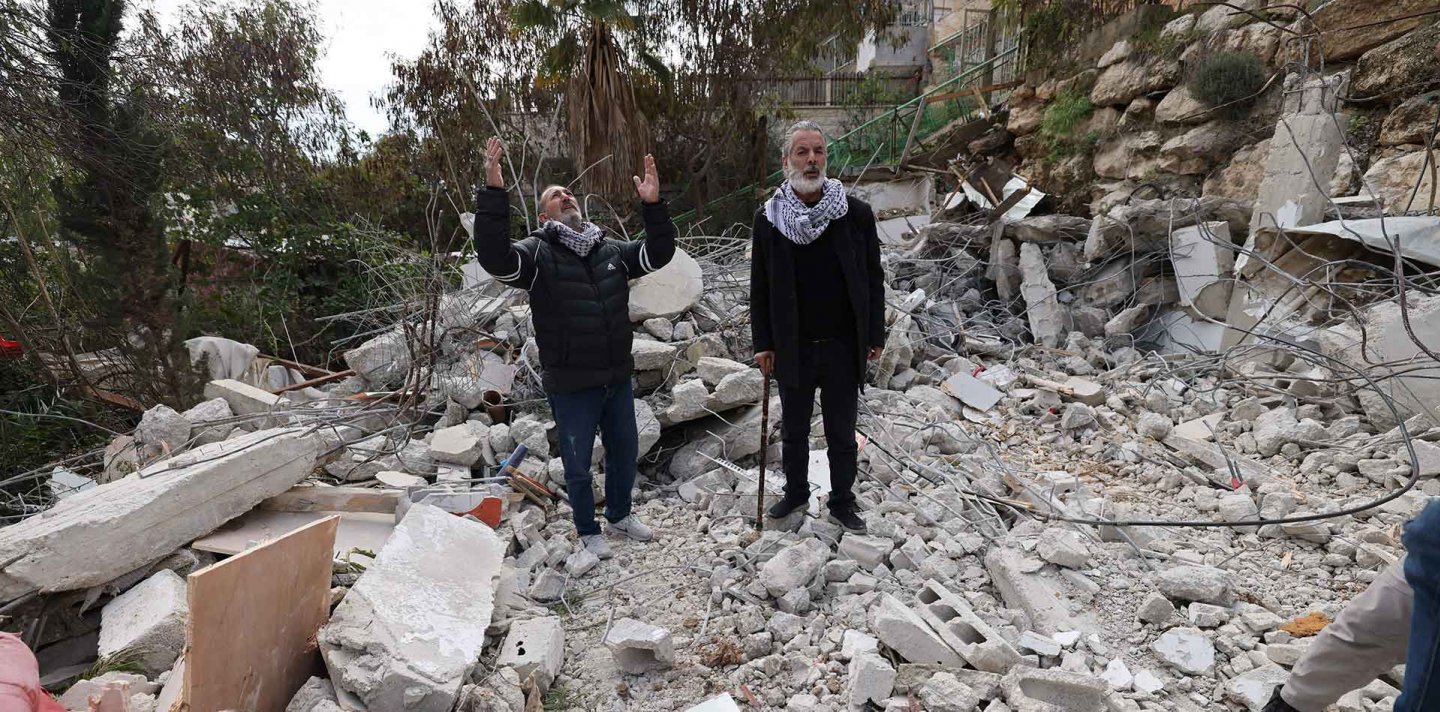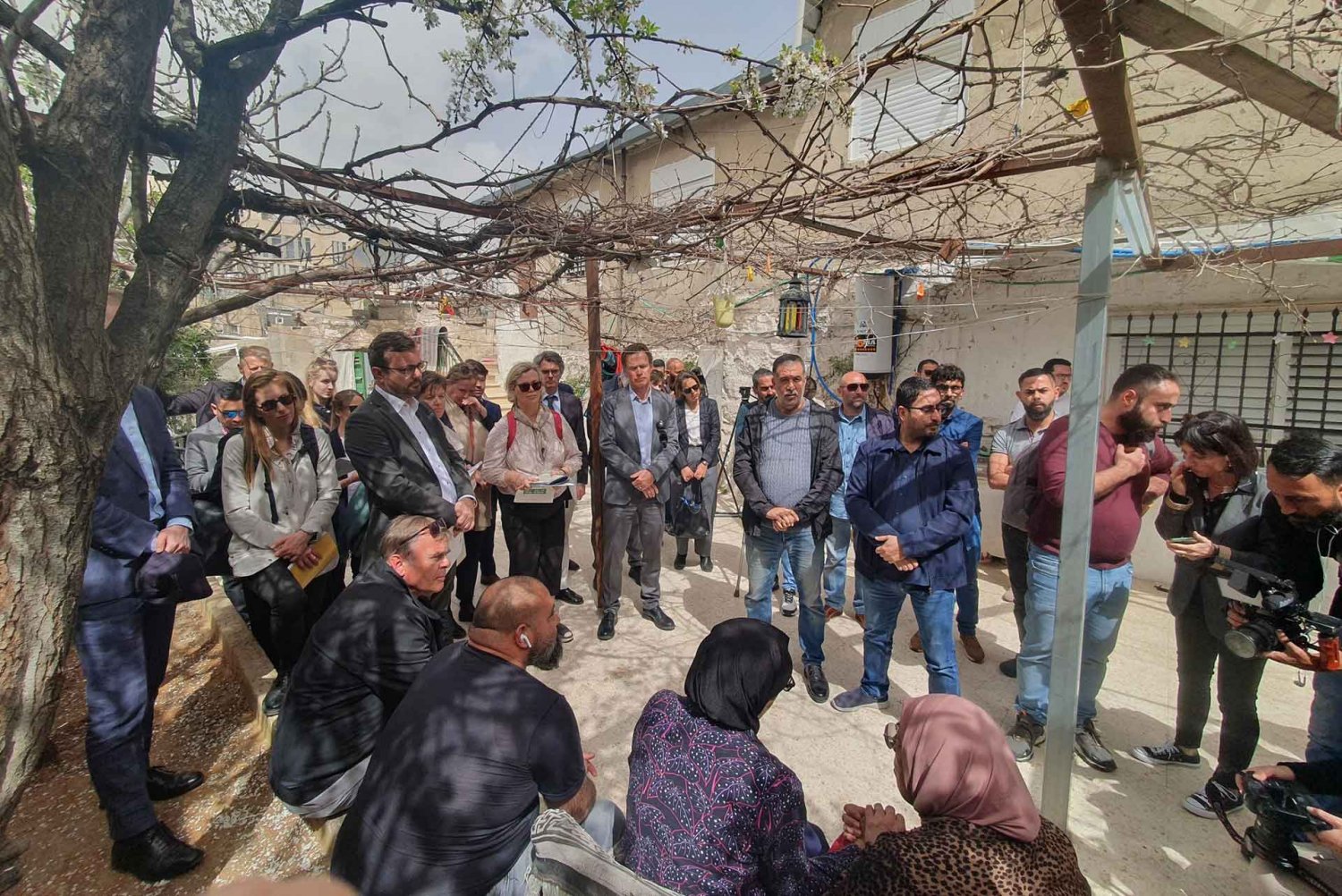Unless a major change of mind takes place in Israel, East Jerusalem seems likely to erupt in the coming weeks as the holy month of Ramadan gets underway beginning March 22, 2023.
Israeli officials and the Israeli government have been taking a hard stance against Palestinians in the city of late, including reversing decisions and norms that all governments, including the five previous governments under Netanyahu, had taken to ease tensions and to allow the emotionally filled month to pass without much trouble. Moreover, Itamar Ben-Gvir, Israel’s far right-wing ultranationalist minister of national security (Jewish Power Party), decided to reverse a long-standing Israeli policy of avoiding home demolitions in East Jerusalem during the holy month of Ramadan. During this month, Muslims fast daily until sundown, consuming no food or liquid, even water, and refrain from smoking, sex, and impure thoughts. They also devote time to introspection, prayer, and community.
This year as well, both Easter and Passover overlap within the same month as Ramadan, ensuring that the city will be overrun with outsiders seeking to worship at their holy sites.
Israel routinely demolishes homes of Palestinians living in East Jerusalem for being built without proper permits.1 However, due to a complex set of factors, only a small percentage of land in the city is available to Palestinians for private building projects, and building permits are rarely approved for Palestinians needing to build or expand, leaving them little choice but to build anyway. According to the organization Terrestrial Jerusalem, writing in 2009:


